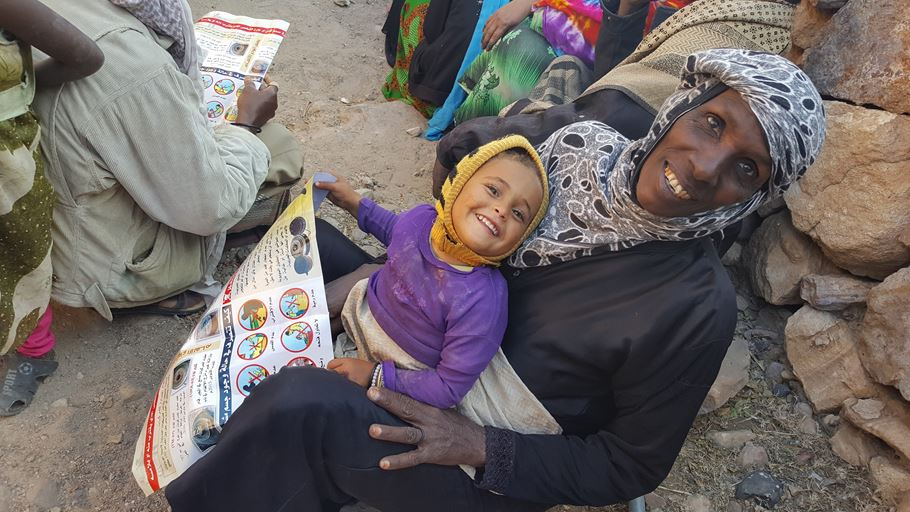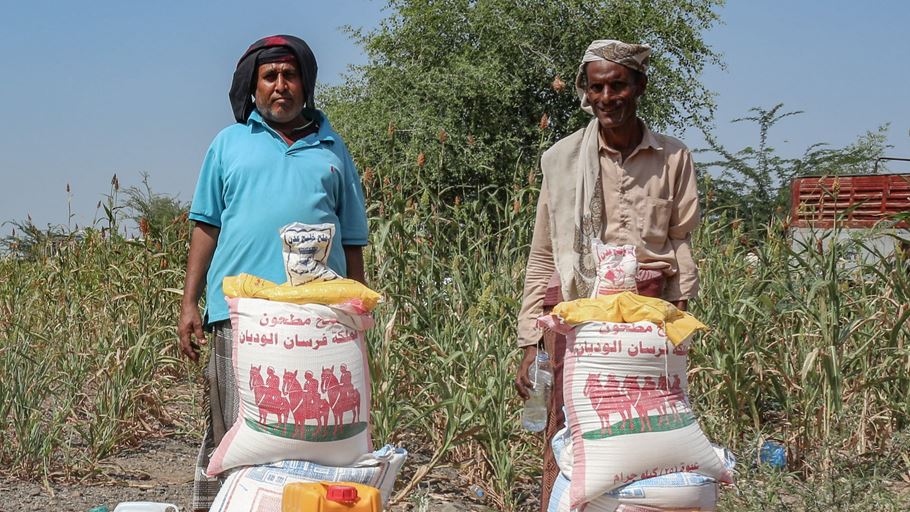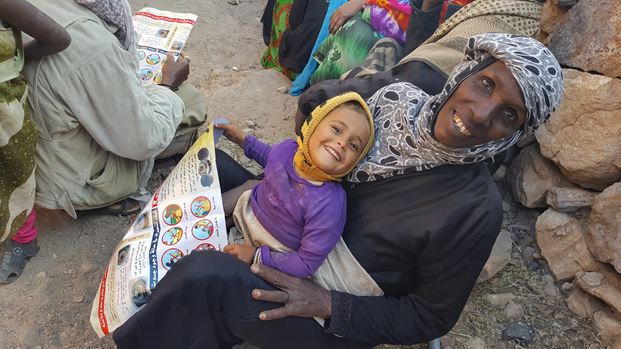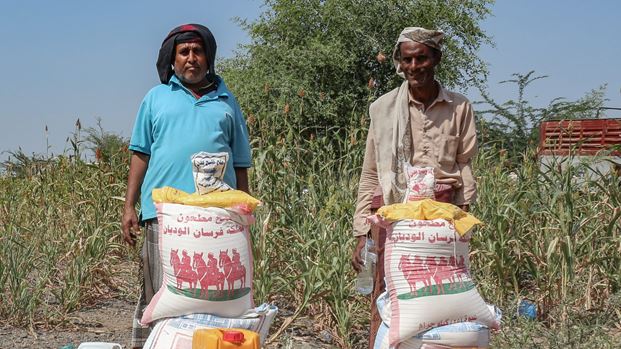Yemen has been described by the United Nations as the world’s worst humanitarian crisis. As well as living through the trauma of ongoing conflict, Yemenis are facing a catastrophic food shortage, with 17.4 million people in need of food assistance. This is the equivalent of more than 15 times the population of Birmingham suffering from hunger.
Yet, over the last few years, the United Nations has found its budget slashed for its humanitarian work in Yemen. The UK Government has also cut the aid it gives to Yemen by more than half.
With such a drastic loss of funding, it is hard not to see these acts as the world turning its back on the people of Yemen. And right when they are on the brink of starvation.
Crisis upon crisis
Yemen is facing its eighth year of conflict. More than 10,200 children are known to have been killed or wounded as a result of the fighting. Hospitals, schools and homes have been destroyed by airstrikes.
Yemen imports almost everything. But with fuel and food prices skyrocketing, most Yemenis can no longer afford the essentials. In the last two years, food prices have doubled making even a loaf of bread unaffordable for most families.
With Yemen relying on Ukraine for 30 per cent of its wheat imports, the situation will deteriorate even further.
The conflict has also exacerbated other crises in the country. Yemen has suffered from one of the largest cholera outbreaks ever recorded. Cholera is an illness caused by contaminated water, which can be fatal for children. It is also entirely preventable. It is estimated that there have been 2.5 million cases in the last six years in the country alone.
What is Tearfund doing?
Tearfund works through local partners in Yemen to help communities with the following:
- Emergency food support for those who are facing hunger
- Seeds, tools and farming training to help families become self-sufficient
- Clean water and safe sanitation to help fight against cholera and other waterborne illnesses
- Trauma support groups to help individuals and families cope with the ongoing conflict and the effects this has on their relationships
- Equipping people to fit and use solar energy panels, which provides new skills as well as cuts down on increasing fuel costs
















